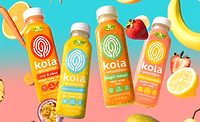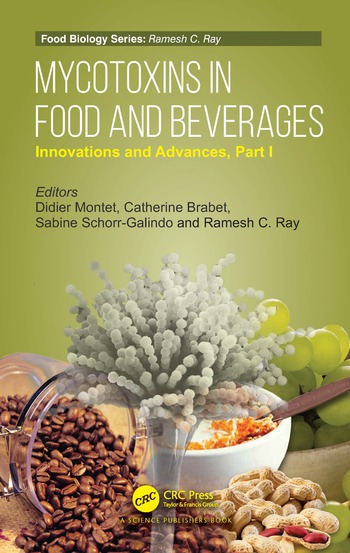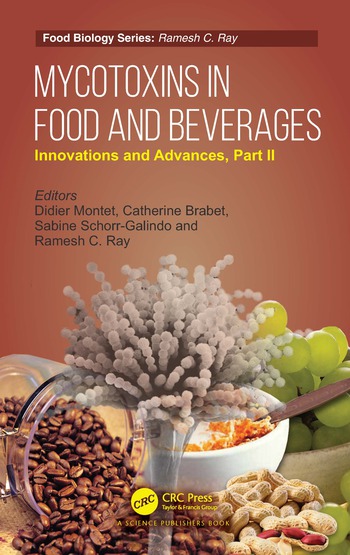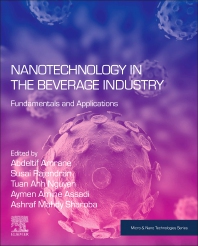Ingredient suppliers expand online platforms
Push for net zero emissions important for ingredient suppliers

Tate & Lyle PLC, United Kingdom, partnered with the Nutrition and Health Institute of Kellogg to share the latest science on dietary fibers with health clinicians, nutritionists, and food and beverage industry professionals across Mexico, Colombia, Chile and Argentina. Research indicates that consumers in Latin America do not get enough fiber in their diet. The daily fiber recommendations for adults range between 25 and 40 grams a day; however, daily consumption among Latin Americans can be lower than 15 grams a day, the companies say. To promote the benefits of digestive health, Tate & Lyle and Kellogg are offering an online curriculum entitled “Dietary fibres: benefits that go beyond gut health.” The program, which runs through Dec. 31, features 12, 20-minute video lessons in Spanish led by nutrition experts and food scientists from different countries across Latin America. Topics cover a wide range of fiber-related topics including the gut health and fiber connection including links to prebiotics, microbiota and immunity; the benefits of fiber from childhood and throughout healthy aging; and the impact of fiber on the gut-brain axis. The online platform gives professionals the ability to move at their own pace. For more information, visit nutrismart.teachable.com/p/fibras-dieteticas.
Newport Beach, Calif.-based Layn Natural Ingredients announced the expansion of its portfolio of Non-GMO Project Verified botanical extracts. The expansion is driven by continuing global market demands for non-GMO ingredients, particularly in the food and beverage market, which is expected to grow at a compound annual growth rate (CAGR) of 15.7% during 2021-2026. The ingredient supplier is focusing on polyphenol-rich botanical extracts that offer high functional benefits in the dietary supplement, sports nutrition, food and beverage, and pet nutrition markets. Among the newest additions to Layn’s non-GMO offering are apple, citrus, Galla chinensis, ginger, grape seed, green coffee bean, green tea, magnolia bark, pomegranate, pu’erh tea, rosemary and Sophora japonica. The company previously achieved Non-GMO Project Verified status for its plant-based sweetener products, including stevia, monk fruit, sweet blackberry and neohesperidin dihydrochalcone (NHDC).
The Martin Bauer Group, Secaucus, N.J., reports a pledge to achieve climate neutrality, or no carbon footprint, by 2030 (at the latest) for its more than 30 locations worldwide. Noting that half of its emissions originate in the field, the company’s climate-neutral business activities will begin in the fields through the harvesting of approximately 200 raw materials, such as tea, peppermint, hibiscus, chamomile and fennel. To keep global emissions to a minimum, the group and its supply chain network are adopting the following three-pronged approach: Measure, in which the group will calculate its overall corporate carbon footprint by the end of 2021, and from 2022 onward, developments will be presented annually to make progress transparent; Prevent/reduce, to ensure that greenhouse gas emissions are prevented in the first place, the group is avoiding business trips whenever digital technology suffices, improving energy efficiency at its production plants and implementing energy-saving programs; and Compensate, where the group will only compensate for greenhouse gas emissions that cannot be prevented or reduced. Most notably, it will play an active role in its own agricultural supply chains with innovative concepts like compost management, humus formation in the soil, and sustainable carbon sequestration, it says.
Looking for a reprint of this article?
From high-res PDFs to custom plaques, order your copy today!







